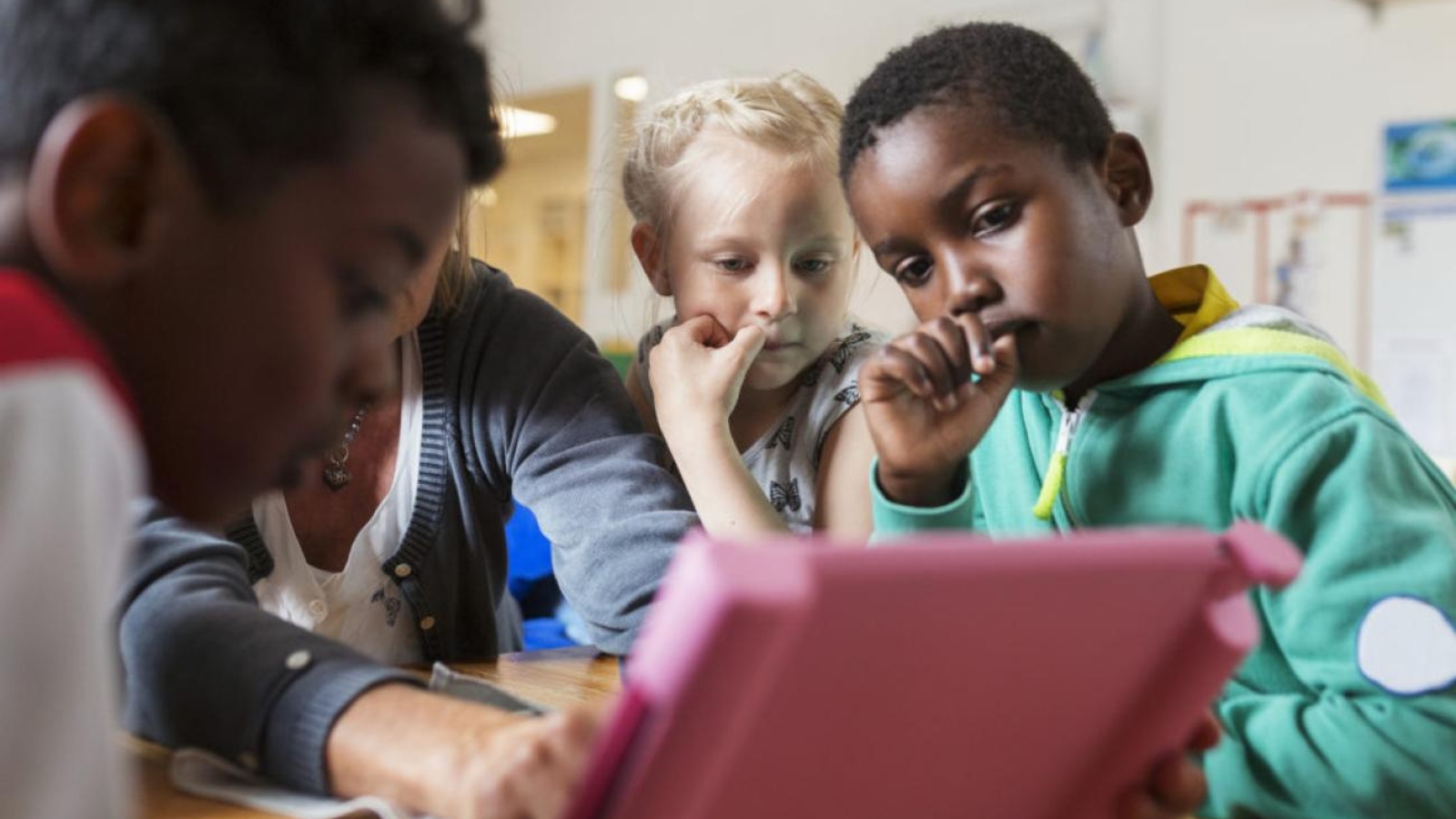
The Director-General of UNESCO, Audrey Azoulay, has decided to dedicate International Education Day 2025 (Friday 24 January) to the opportunities and challenges of artificial intelligence. She is calling on UNESCO's Member States to invest in training both teachers and students on the responsible use of this technology within the field of education.
AI offers major opportunities for education, provided that its deployment in schools is guided by clear ethical principles. To reach its full potential, this technology must complement the human and social dimensions of learning, rather than replace them. It must become a tool at the service of teachers and pupils, with the main objective being their autonomy and well-being. - Audrey Azoulay.
By dedicating the International Day of Education 2025 to artificial intelligence, UNESCO is aiming for a global discussion on the place of this technology within education. The Organization has scheduled conferences in Paris and New York, as well as a webinar.
Countries remain split between permission and restriction
Artificial intelligence is increasingly present in education. In high-income countries, more than 2/3 of secondary school pupils are already using generative AI tools to produce schoolwork. Teachers are increasingly using AI to prepare their lessons and assess students' work. School guidance and admissions, traditionally guided by teachers and experts, are also increasingly determined by AI.
However, education professionals still lack clear guidelines on these practices. Only 10% of schools and universities currently have an official framework for the use of AI, according to a survey of 450 institutions conducted by UNESCO in May 2023. By 2022, only 7 countries had developed AI frameworks or programmes for their teachers, and only 15 included objectives on AI training in their national curricula. At the same time, more and more countries are placing restrictions on the use of new technologies in the classroom. According to new data from UNESCO, almost 40% of countries now have a law or policy banning the use of mobile phones in schools – up from 24% in July 2023.
A tool that must remain at the service of pupils and teachers
With its cross-cutting mandate for education, sciences, culture and information, UNESCO has been addressing the challenges posed by artificial intelligence for nearly ten years. In November 2021, its Member States adopted the first global standard-setting framework on the ethics of AI.
In the field of education, UNESCO published the first-ever Guidance for Generative AI in Education and Research in September 2023, as well as two AI competency frameworks for students and teachers in 2024, addressing both the potential and the risks of AI, as a step towards it’s safe, ethical, inclusive and responsible use. These publications include the suggestion to set an age limit of 13 for the use of AI in the classroom.
UNESCO also points out that the resources allocated by governments towards AI must be in addition to, and not divert from, the financial resources already committed to education, at a time when 1 in 4 primary schools still has no access to electricity and 60% are not connected to the Internet. Essential needs must remain the priority: well-managed and well-equipped schools, with well-trained and well-paid teachers who are motivated by their mission.
Read more: On the events organised to mark International Day of Education.
Source: UNESCO
 Welcome to the United Nations
Welcome to the United Nations